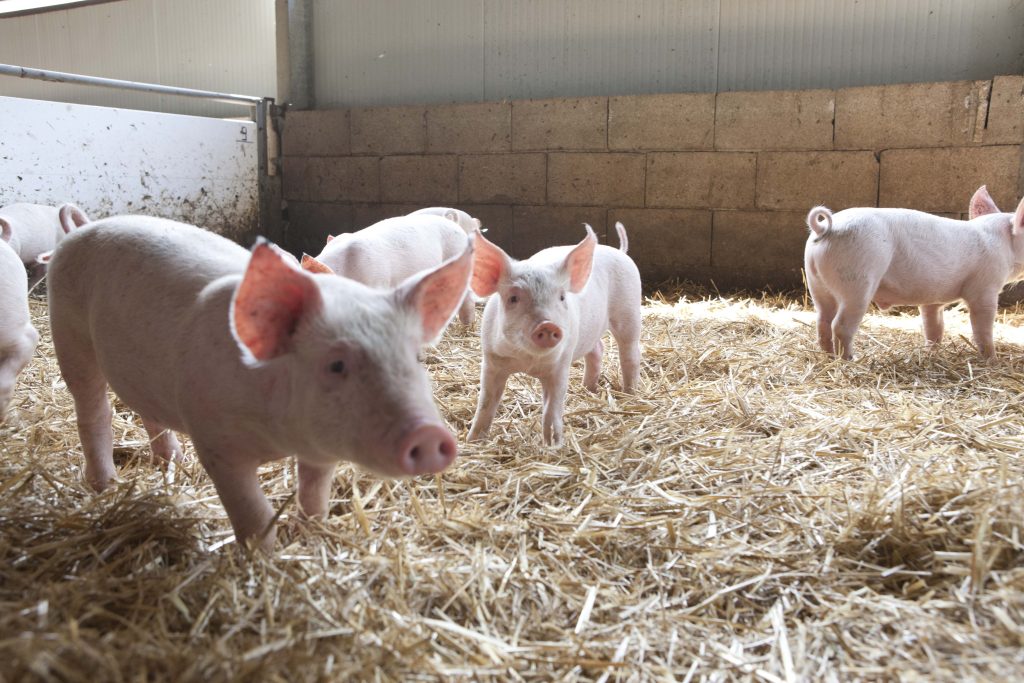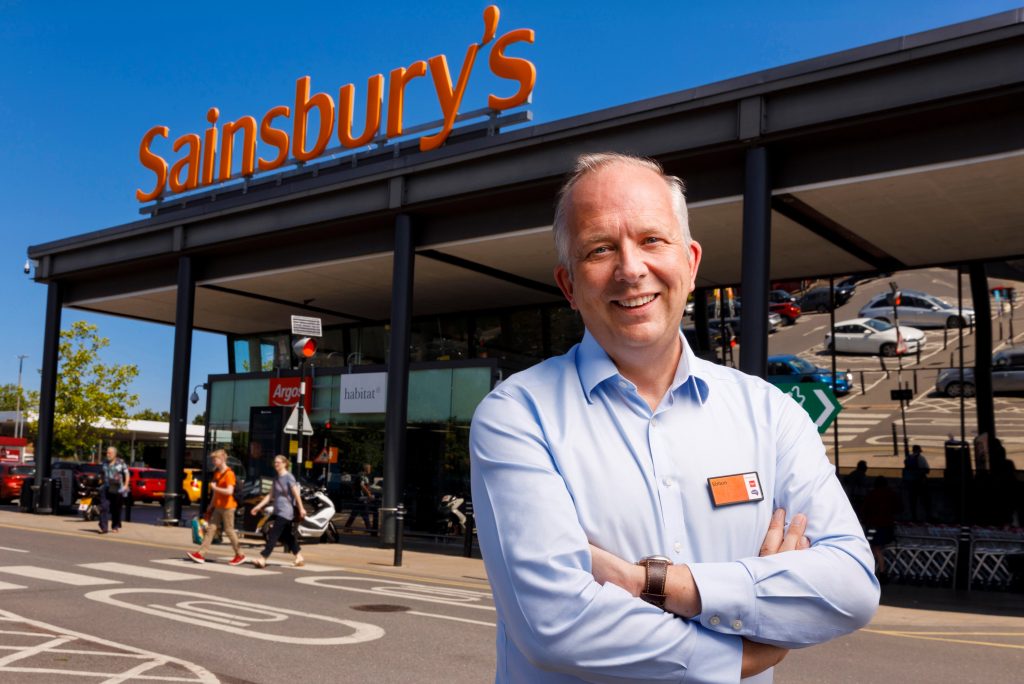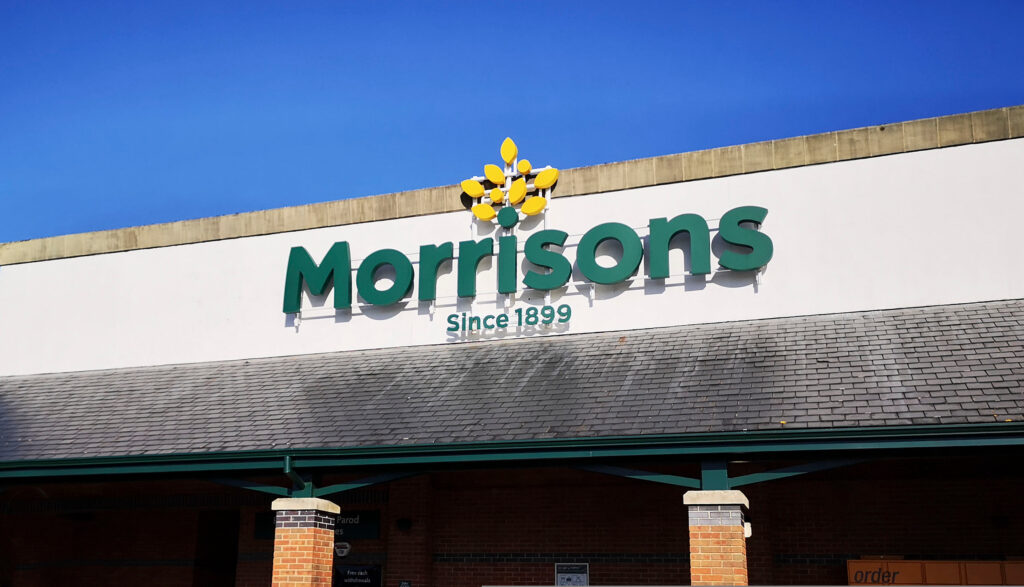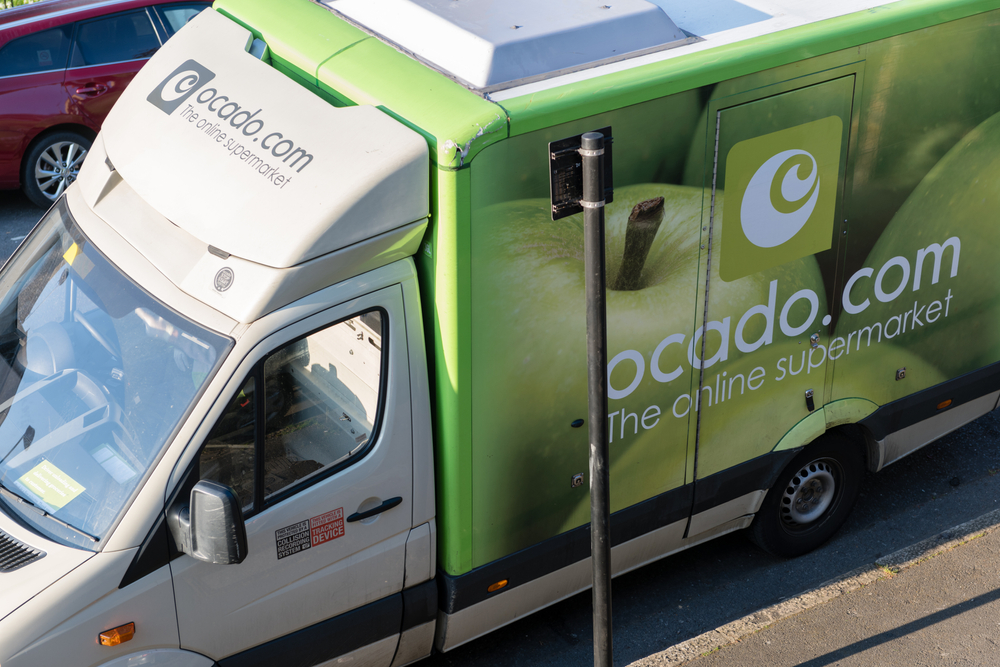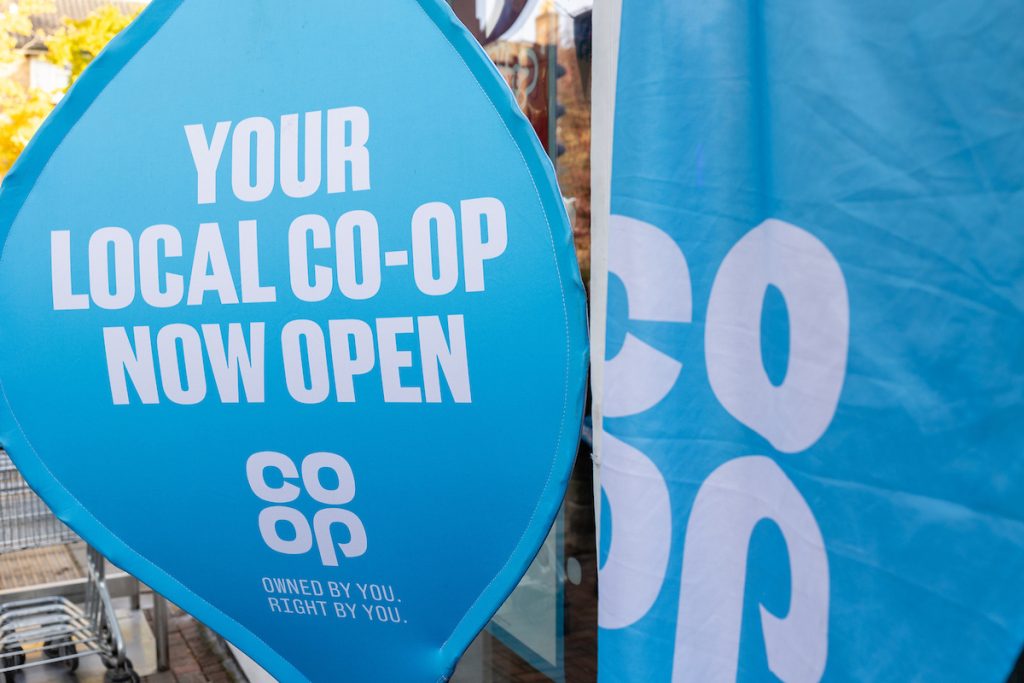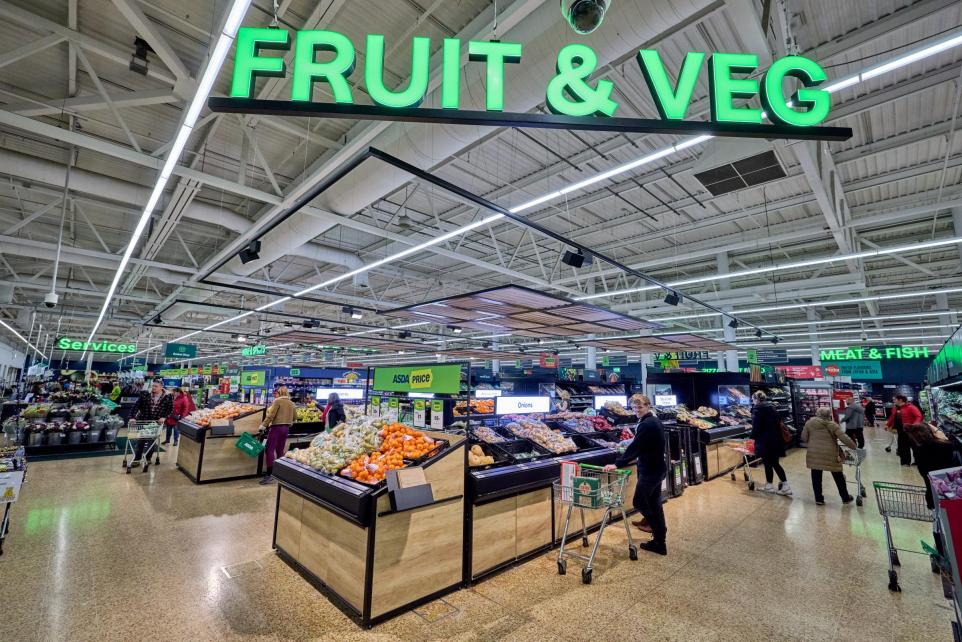Nearly half of all British grocery customers shop online, while over 11% never visit brick-and-mortar stores.
A recent survey by Mintel of 2,000 people, aged 16 and over, found that 48% of them had at some point done their supermarket shopping online, choosing either delivery or collection over the traditional supermarket shopping trip.
While 11% of Brits overall do so without visiting stores, it was mainly young adults that leaned towards electronic shopping, with 19% of 25 to 34 year olds stocking up solely in cyberspace.
Still, traditional shopping is not yet on the way out, as 24% of those surveyed not only said that they have never shopped online, but also that they have no intention to, rising to 38% when limiting results to those over 55.
Online grocery shopping is certainly developing quickly, however: sales are expected to reach £9.8bn in 2016, and £15bn by 2020, according to Mintel.
“The majority of online shoppers still mix online shopping with store-based shopping, but consumers are becoming increasingly comfortable shopping at online-only retailers with growth outpacing the total market,” said Nick Carroll, a Retail Analyst at Mintel.
“The lack of control when selecting fresh food and drink products remains one of the biggest issues for online grocery retailing and not one that is easy to address. All of the major players now offer some form of freshness guarantee but this is still not a substitute for picking your own.
“As we see Brits turning away from the main weekly shop and towards fluid, when-needed shopping, it is important for online grocery retailers to find a way to engage with these consumers.”
While this is true, the study made no distinction between shoppers who prefer several weekly trips to convenience stores over one large trip larger supermarkets. This “fluid, when-needed shopping” is more diverse than simply bricks and mortar vs etail. However, it is certainly true that larger supermarket chains are having to adapt their offering as a whole, as large supermarkets become less and less popular.












